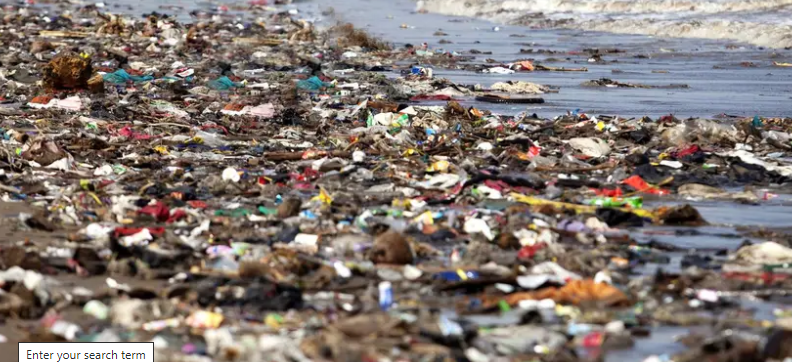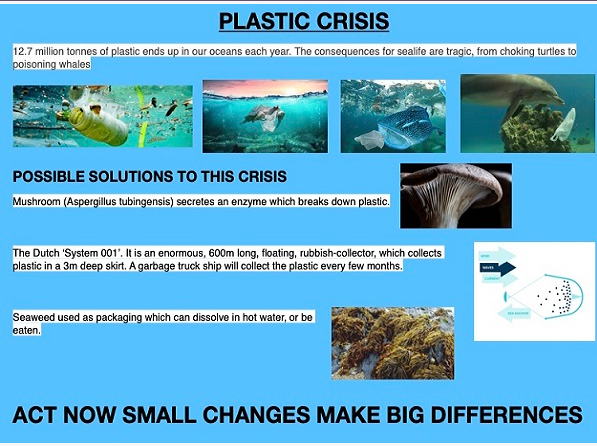A marine ecosystem refers to an aquatic environment with a high concentration of dissolved salts. At the same time, micro plastics are small pieces of ductile particles found in the environment due to pollution. As a result of contamination of environment, the marine ecosystem has been affected causing many side effects to the aquatic animals. Plastics that enter into the water remain there for so many years leading to fragmentation due to photochemical processes forming microplastics (Espinosa et al., 2016). Human beings are direct consumers of seafood highly affected by the effect leading to indirect transfer of the consequences to man (Saha et al., 2021). The same repercussion the decay has on marine animals is then passed on to humans.
Absorption of these tiny plastics by marine animals increases toxicity due to organic hydrophobic compounds’ breakdown. When taken by marine species, they become bioaccumulated. Due to mixture effects, they lead to problems in metabolism, growth, feeding patterns, and even reproduction, causing different toxicological risks for each species (Sunday et al., 2020). For example, polystyrenereduces chlorophyll concentration in algae. At the same time, Daphnia Magna impairs the reproductive cycle and affects the immune system of sharks.

Glass-reinforced plastics used in the manufacture of boats are non-corrosive and release fiberglass into the blue mussel. It enters the mantle cavity and the gills. Daphnia Magna forms clumps of smaller polymer materials in the appendages, leading to weight increase, making it sink due to the effect in the swimming pattern.
When people consume seafood such as fish exposed to microplastics ecosystems, the chemicals in the fish may contribute to weight gain and interfere with brain development in small children and the fetus. Other compounds of plastics may cause cancer and congenital disabilities. It also causes effects in the nervous system leading to both behavior and functional problems, which may later lead to death. To reduce aquatic pollution and its impact, people should keep the environment clean by disposing wisely of the plastics they use. Measures should be taken against those polluting the seas by releasing sewage and leakages of oil.

References
Espinosa-Romero, M. J., Chan, K. M., McDaniel’s, T., &Dalmer, D. M. (2016). Structuring decision-making for ecosystem-based management. Marine Policy, 35(5), 575-583.
Hogan, P., Otero, P., Murray, P., &Saha, S. K. (2021). Effect of biomass pre-treatment on supercritical CO2 extraction of lipids from marine diatom Amphora sp. and its biomass evaluation as bioethanol feedstock. Heliyon, 7(1), e05995.
Pinsky, M. L., Eikeset, A. M., McCauley, D. J., Payne, J. L., & Sunday, J. M. (2020). Greater vulnerability to warming of marine versus terrestrial ectotherms. Nature, 569(7754), 108-111.